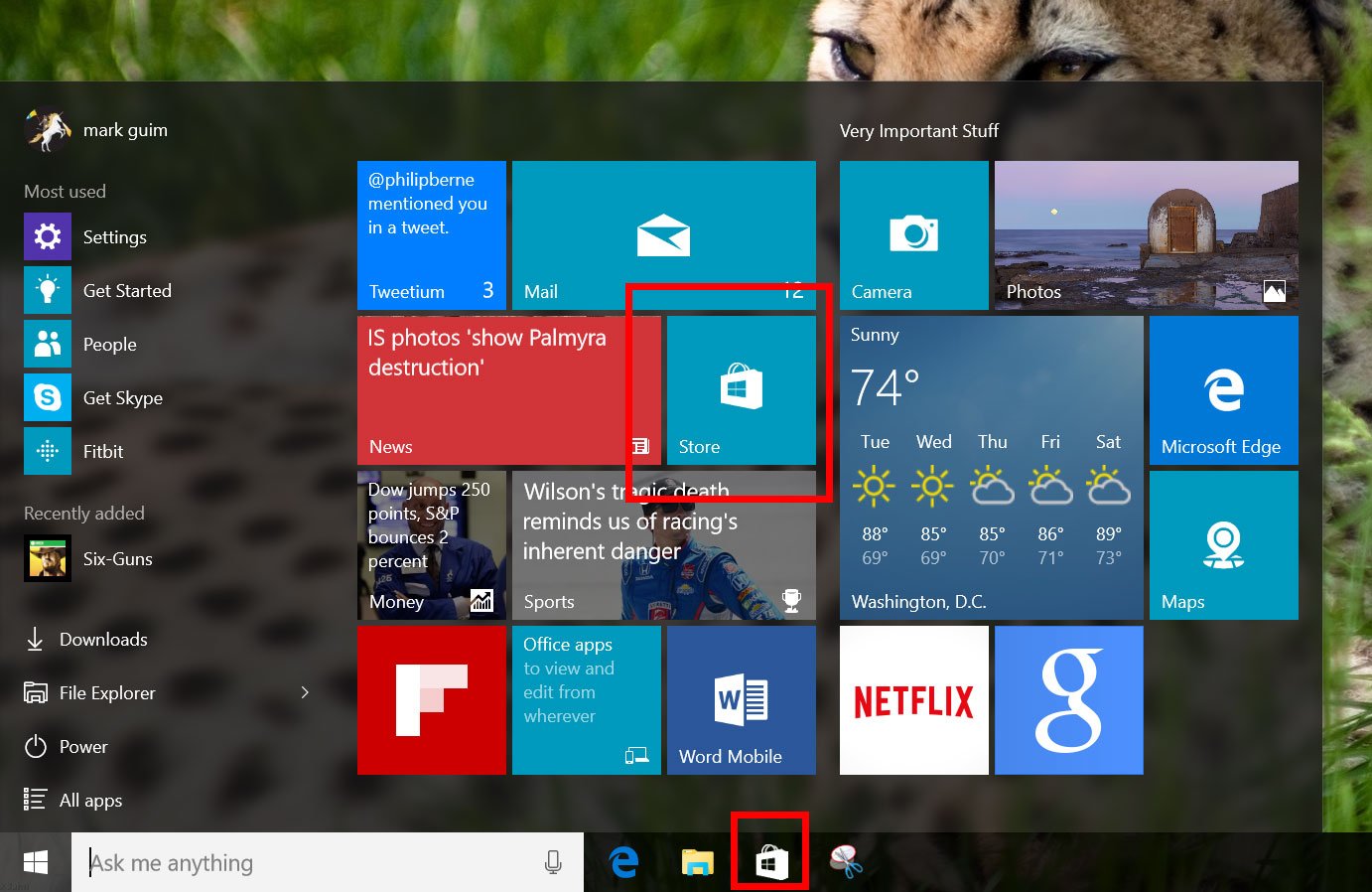Epic's Tim Sweeney offers some ideas on how to turn Microsoft's UWP into an open ecosystem

Last week, Epic Games co-founder Tim Sweeney slammed Microsoft's Universal Windows Platform efforts for Windows 10 as a possible attempt to turn Windows on PCs into a closed ecosystem for apps. Now the developer who created the Unreal Engine and helped to make classic games like Unreal Tournament and Gears of War has posted a new editorial, and this time, it offers Sweeney's suggestions to alter UWP so it can be an open ecosystem for app creators.
Sweeney's first editorial last week didn't pull any punches, He stated:
"The specific problem here is that Microsoft's shiny new "Universal Windows Platform" is locked down, and by default it's impossible to download UWP apps from the websites of publishers and developers, to install them, update them, and conduct commerce in them outside of the Windows Store."
Since then Microsoft has responded to Sweeney's statement's wth Xbox head Phil Spencer stating stating, "UWP is a fully open ecosystem, available to every developer, and can be supported by any store." He also said that Microsoft will reveal more on the Xbox team's plans for UWP at Build 2016 in late March. In Sweeney's new editorial, as posted on VentureBeat he points out Microsoft's procedure for developers who want to release UWP apps:
"If you apply to become a Microsoft Registered Developer, and Microsoft accepts you, then you take a UWP app you have compiled and submit it to Microsoft. If Microsoft chooses to accept the app, then it will digitally sign the app using its DRM and return it to the developer, at which point the developer can distribute it to users, and users can manually install and run it on any machine with default Windows 10 Settings."Is this open? You be the judge."
Sweeney's point is that regular win32 apps can be created and offered anywhere, without the need for Microsoft's approval:
"In win32, any developer can obtain a digital certificate from a Certificate Authority, using the same open ecosystem that the web itself uses for digital signatures in the https protocol. This approach scales securely to millions of websites around the world and to countless win32 applications today."
Sweeney says that he would like Microsoft to allow UWP apps to be created and offered the same way as win32 apps, with no need for the company to approve each app or for developers to register with Microsoft. He would also like for UWP apps to be available in any download store, such as Steam or GOG, Finally, he wants Microsoft to be clear about the future of Windows as an open platform. He states:
"Lacking that, I believe it would be foolish for the world's major developers and publishers to adopt this new technology based on mere assumptions about plans that Microsoft has not itself stated with technical clarity."
Get the Windows Central Newsletter
All the latest news, reviews, and guides for Windows and Xbox diehards.

